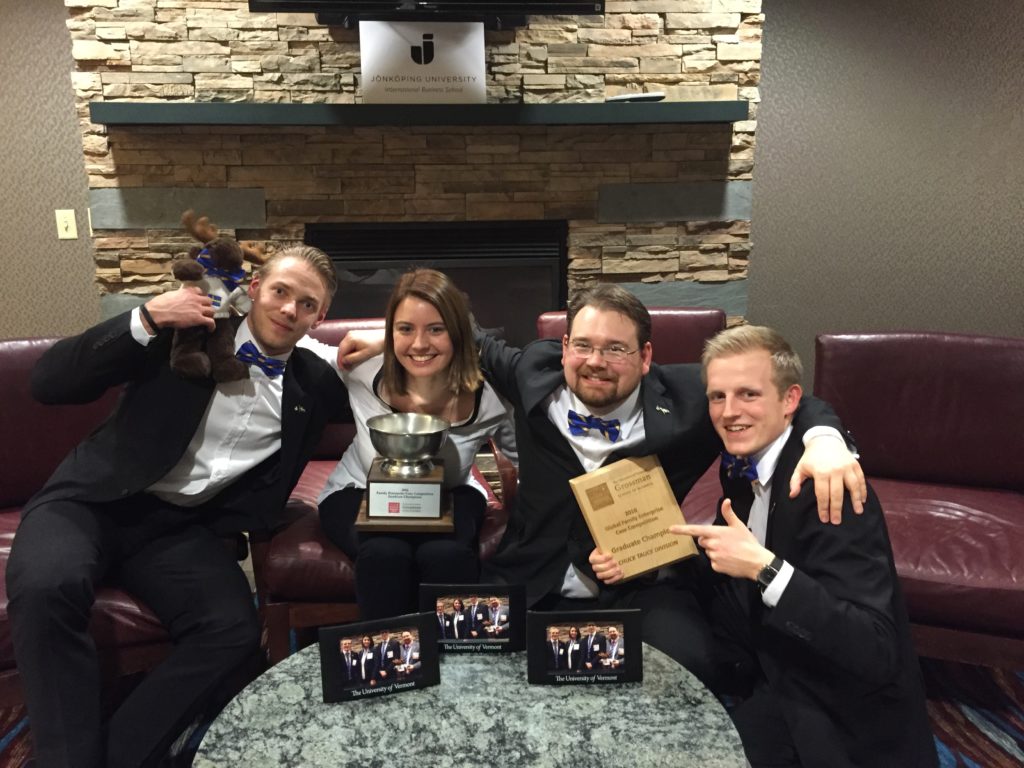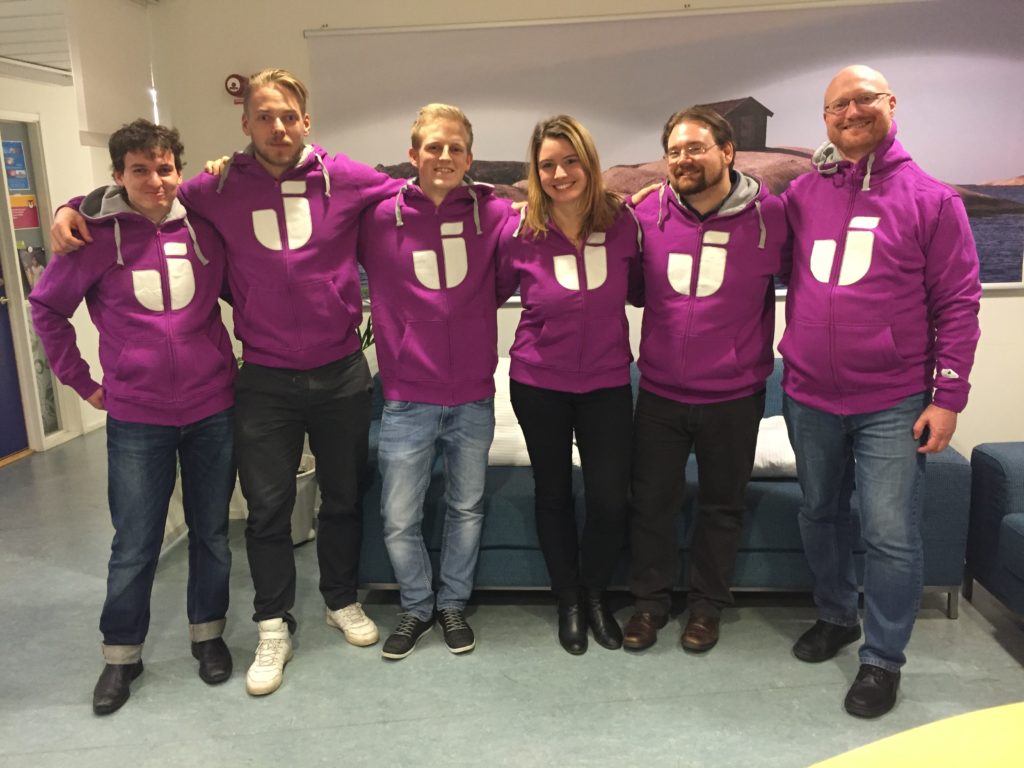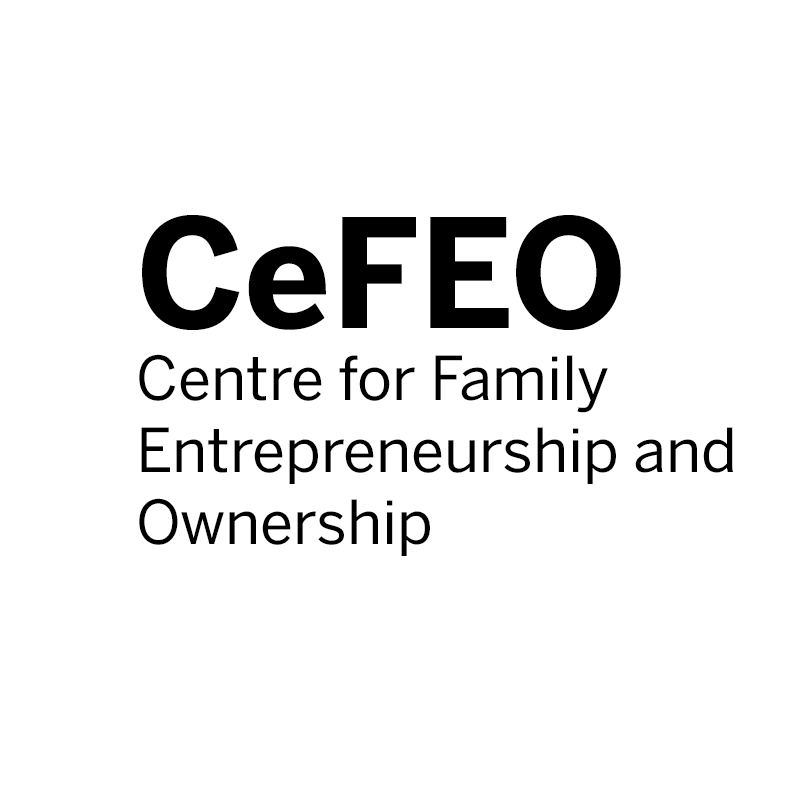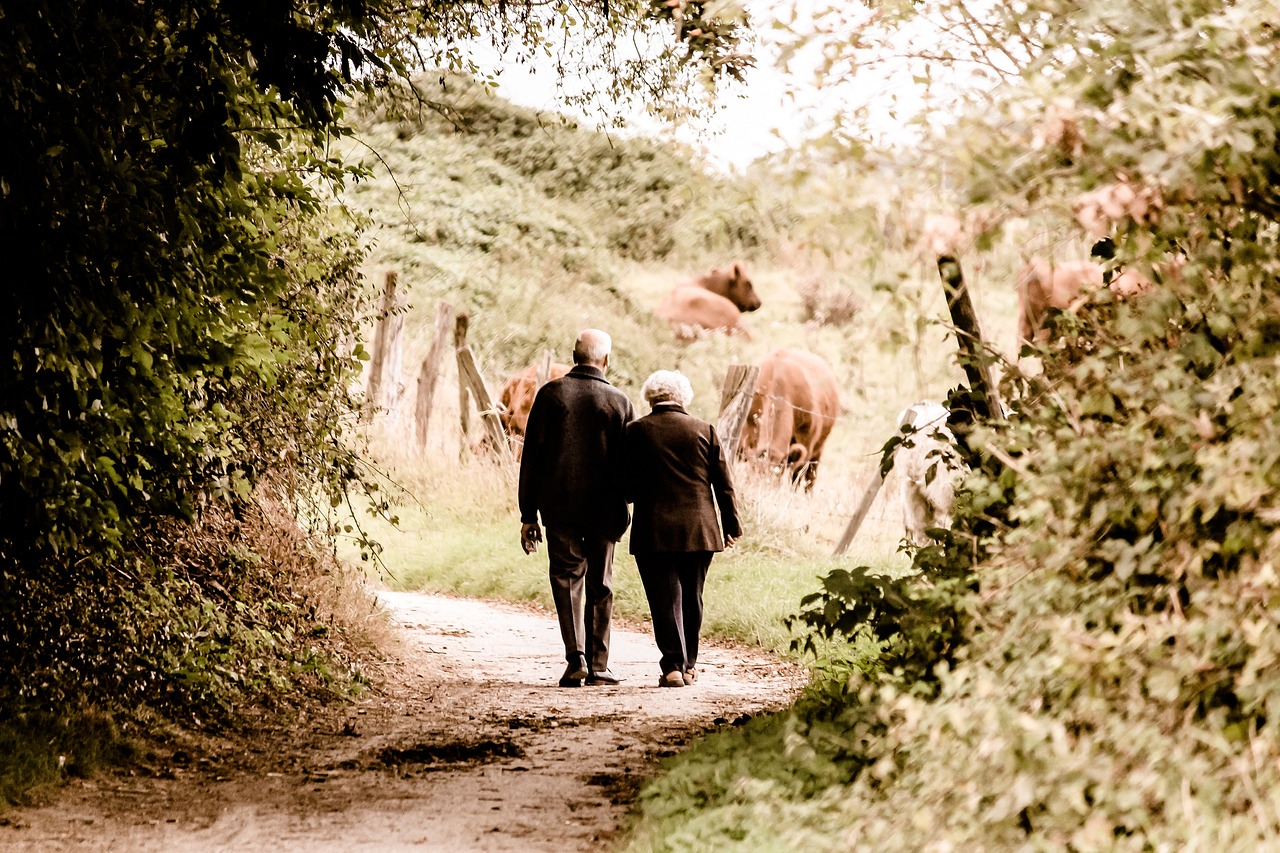16 years of academic excellence and practical relevance in Family Entrepreneurship and Ownership.
The Complete Guide to Winning 1st Place in a Competition – 3 Times!
My name is Massimo Baù and I am Assistant Professor in Business Administration at JIBS and member of the Centre for Family Enterprise and Ownership (CeFEO). I have been the Coach of the JIBS Family Enterprise team for the last two years, receiving the baton from our Dean Mattias Nordqvist, who coached the team in the first two competitions.

We have been participating in the Family Enterprise Case Competition (FECC) in Vermont since it began. During four tough rounds of competition, teams present their case to a distinguished panel of judges who determine which group best understood, analyzed and presented their case.
Our track record is impressive. We came in 4th place in the first year, and then we were awarded 1st place victories three times in a row. Every year we have demonstrated passion, knowledge and courage.
Going to a competition, it’s always seems better to be the underdog. Being the champion is much more difficult. It’s not easy to be Brazil in the World Cup in football. Everyone expects a win, and you are not allowed to fail. The pressure is on.
FECC has been one of these competitions for JIBS. Each year, we have prepared three Master’s students to understand the critical issues unique to family enterprise and apply the knowledge and expertise they have developed in the classroom to solving complex family business cases. And each of the last three years, we have walked away the champion. This cannot be just a coincidence.
How did we accomplish such great results?
Our answer is: Human capital. Social Capital. Financial Capital.
The first dimension is obviously represented by our great students. This year, Jeannine Strauss, Msc student in International Marketing, and Fredric Gyllensten and Paul Sörgel, both studying the Msc in Managing in the Global Context, each of them an excellent student and a beautiful person.
The agreement with them is clear from Day 1. The competition will be difficult, but we will all do our best. Victory is not the goal, we tell them. What is important is to be an excellent team and be proud of what we do. The message to the students was clear… the more time you invest in this, the more time your teachers will dedicate to you. I can honestly say that every year I’ve been impressed by the devotion our students put in preparing to FECC. This year, Jeannine, Fredric and Paul devoted a huge amount of time to their preparation, and it created a strong bond between the coach and the students.
The second dimension is encompassed in CeFEO – the best Centre in Europe for family business research according to international rankings. Indeed, great colleagues from CeFEO contributed to the training of the team. They are Markus Plate, Assistant Professor at JIBS and Psychologist, and Matthias Waldkirch, PhD student at JIBS, member of the 2013 FECC Team who was also awarded Best Presenter at FECC 2013. Two other colleagues also devoted their time and expertise to the team selection process, Charmine Härtel, Hamrin Visiting Professor, and Kajsa Haag, Assistant Professor and Program Director of the Masters in Business Administration at JIBS.
In terms of social capital, it’s clear that the environment in which we work, the people we can associate with, the experiences we have, and the knowledge we share are all contributory factors to our success. JIBS provides precisely the right social capital in the form of unique and deep learning experience for our students. JIBS students know how to think, to analyze, and to present.
The last dimension, financial capital, is obviously the economic support we received to participate. While preparing the team was offered by myself and my colleagues in our free time, the travel expenses of flying four people to the US, hotels, food, and covering the participation fee have a cost. This year, JIBS financed these expenses with seed money, but in the future we must find external resources to continue this adventure. Any thoughts you have, please share with us. More victories await us.
How to analyze a family enterprise case
The cases at the Vermont competition are challenging. Each must be assessed and solved at several different levels–individual, interpersonal, organizational (company and family) and environmental. Teams must examine the implications of their case over the short-term, midterm and long-term temporal horizons, assessing the consequences the enterprise will face, the time limits, and developing a meaningful solution. Every case appears to start with some superficial problematic issue that must be addressed and solved, but under the surface, of course, there are always deep problems that need to be addressed.
Our students have shown themselves for the third year in a row to be the best in doing so! Jeannine, Paul and Fredric did an amazing job at understanding the structure of their case and applying their training to solving it. Writing a recommendation letter for them, I would surely underscore their critical thinking, their capacity to go beyond the surface, their ability to work as a team, and their depth of analysis.
Given our track record, we can safely say that JIBS students who have the courage and the motivation to apply to FECC are natural leaders. But our real strength is the team, where everybody is a leader but also a follower. There is no space for free riders or individualists. When we work together, we win together.
What’s our future?
Winning for the third time in a row is a unique accomplishment that underlines the quality of JIBS’ education in family business. This year, JIBS has been listed among the top 25 universities in the world for family business education.
Our students have no prior knowledge of family business case topic at the moment of selection. In a two-month intensive program, specifically designed for the competition, we must train them to achieve the final victory. This would not be possible without the co-existence of two factors: motivated Master’s students committed to invest an important effort in the preparation (about 10 hours a week for 10 weeks), and devoted teachers, encouraged by such student dedication and effort to donate an equivalent amount of time.
Maybe it’s really time to start planning an MBA program in family business given the talent, expertise, and team spirit we already have at JIBS.
Read more: Global Family Enterprise Case Competition
Detta är en bloggtext. Det är skribenten som står för åsikterna som förs fram i texten, inte Jönköping University.






